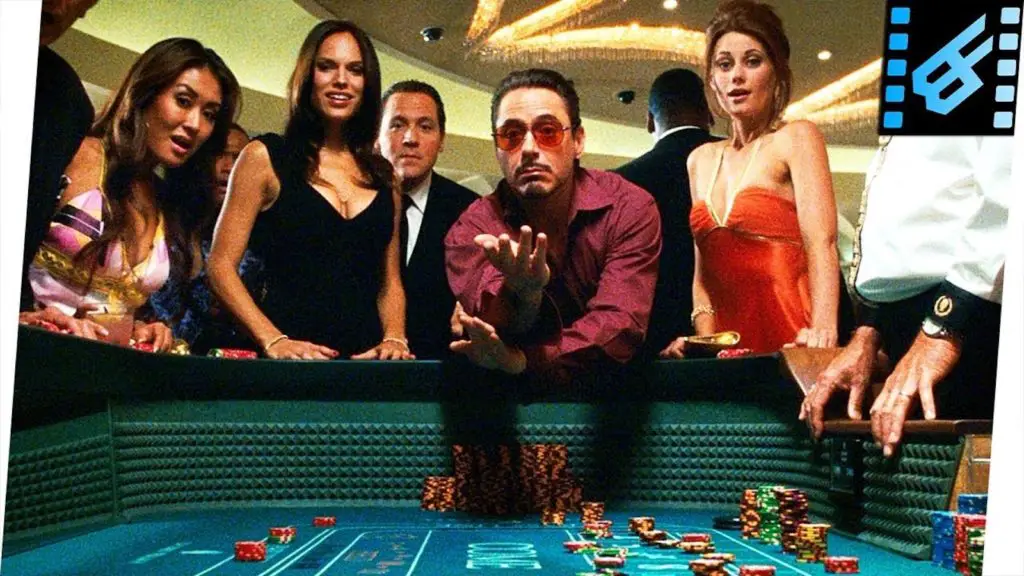
Mike Birbiglia’s first film project isn’t so much the story of a struggling comic and his dreams of fame as it is the story of a now famous comic and his struggle with dreams. Bad dreams. The kind that end with you jumping through a second story hotel window. The kind that are no joke.
Birbiglia’s the low key, instantly likable star, co-writer and co-director of the low key, instantly likable Sleepwalk With Me. The picture won the Audience Award at this year’s Sundance and has gone on to earn a reputation as one of 2012’s most completely original screen creations. He has a condition called REM behavior disorder and, unfortunately for him, it doesn’t involve getting rowdy at alternative rock concerts. It’s a rare neurological dysfunction that causes sufferers not merely to walk in their sleep but to act out their dreams, a compulsion which the movie demonstrates can prove variously dangerous and darkly comic.
Recently named one of “The 23 Funniest People in America” by Rolling Stone, the comedian’s built a modest multimedia empire based on his somnambulistic misadventures. He’s a regular on NPR’s This American Life (Ira Glass co-wrote the screenplay) and the author of a bestselling memoir as well as the star of a TV special, a live comedy album and a 2008 off-Broadway solo show, all of which in one way or another provide the basis for this film.
Sleepwalk With Me mines just as many laughs from deep seated problems Birbiglia has faced while awake. As alter ego Matt Pandamiglio, he’s eight years into a relationship with his college sweetheart Abby (Lauren Ambrose) and no closer to asking her to marry him than he was the day they went on their first date. He realizes she’s such a peach this makes him look like a jerk and so reminds the audience at one point, “Remember, you’re on my side here.” Matt feels guilty and grapples with his fear of commitment. Being a comedian, he also gets some great material out of it.
“I never thought of marriage as a goal,” he explains to the viewer, “I never looked at my parents’ marriage-or really anyone who’d been married more than 30 years-and thought ‘I got to get me some of that.’” We see his point when we meet his mother and father, a pair of well-meaning basket cases played by James Rebhorn and Carol Kane.
But it’s perhaps his apprenticeship in the less than glamorous world of minor league stand up which provides the film’s most satisfying thread. It’s fascinating to follow Matt’s evolution from a comedy club bartender who fills in for no-shows and flops with lame bits. In one he asks the crowd whether they think Cookie Monster might have an eating disorder.
Over long months driving from gig to low paying gig, living on pizza and crashing in zero-frill motels, he gradually finds his voice and discovers to his amazement that his best subject is himself, that he connects most successfully by shaping his quandaries, neuroses and offbeat enlightenments into self-deprecating monologues. After all we’ve seen him go through (including 33 stitches for that hotel high dive), it’s hard not to take pleasure in watching as a star is born.
I took pleasure in watching every minute of this movie. It’s like nothing I’ve ever seen, sort of Funny People crossed with Annie Hall by way of Lost Highway. The dream sequences are a surreal hoot. And you’ve got to love Mike Birbiglia. On the road to fame and fortune he screws up and occasionally acts like a jerk. At the same time, he’s painfully honest, unassuming, insightful and funny as hell. If you’re anything like me, you’ll be glad you went along for the ride.
From the first frame to the last, I was on his side.
